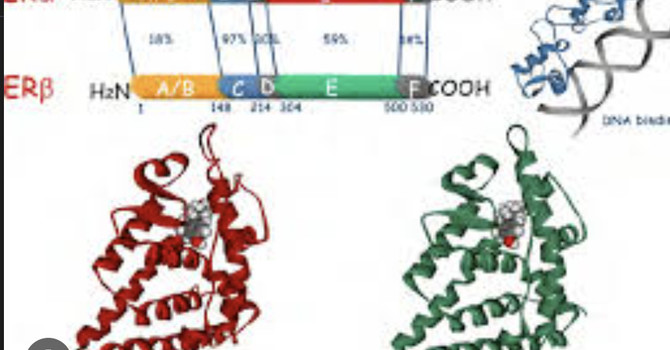
Why Perimenopausal Women Still Need Contraception
Many women assume that fertility disappears during perimenopause, but that’s not the case. Perimenopause—the 5 to 10 years before menopause—is marked by fluctuating hormones, irregular cycles, and declining fertility, but ovulation still occurs unpredictably.
Unintended pregnancies in women aged 40-45 account for 48% of all pregnancies, and 30% of unintended pregnancies in women aged 45-49 still happen in some studies. Since pregnancy in the 40s and 50s carries increased health risks, it’s essential to discuss safe and effective contraception options.
Women should continue contraception until menopause is confirmed (12 months without a period).
Bioidentical Hormones vs. Birth Control Pills: Key Differences
Many women begin bioidentical hormone therapy (BHT) in perimenopause to relieve symptoms like hot flashes, mood swings, sleep disturbances, and joint pain. However, BHT is not a contraceptive and does not prevent ovulation or pregnancy.
Why I Do Not Recommend Synthetic Birth Control Pills
Organizations like The Menopause Society and the American College of Obstetricians and Gynecologists (ACOG) still list oral contraceptives (OCPs) as a viable option for perimenopausal women, but I prefer to avoid synthetic hormones because they:
- Contain synthetic estrogens and progestins that do not match the body’s natural hormones
- Increase risks for blood clots, stroke, and cardiovascular disease
- Can cause mood swings, weight gain, fluid retention, and reduced libido
Women in perimenopause generally feel better on bioidentical hormone therapy instead of synthetic contraceptives, but since BHT does not prevent pregnancy, additional contraception is needed.
Better Alternatives to Birth Control Pills
- Copper IUD (non-hormonal) – Provides long-term contraception without hormones
- Barrier methods (condoms, diaphragm, cervical cap) – Safe and hormone-free
- Vasectomy (for male partners) – A highly effective and permanent option
The Mirena IUD: A Good Option for Heavy Bleeding
If hormonal contraception is needed, the Mirena IUD (levonorgestrel-releasing intrauterine device) can be a great option, particularly for women struggling with heavy bleeding during perimenopause.
What to Know About Mirena
- The Mirena IUD does contain synthetic progestin (levonorgestrel)
- A small amount of this progestin does enter the bloodstream and can have some systemic effects
- Helps significantly reduce or stop heavy menstrual bleeding
- Can be used alongside bioidentical hormone therapy for symptom relief
For many of my patients, Mirena provides a balance between effective contraception and symptom management.
Vasectomy: A Safe, Effective, and Permanent Solution
For couples who no longer want children, vasectomy is an excellent long-term solution. It is:
- More effective than female sterilization
- Minimally invasive with a short recovery time
- A permanent, worry-free contraceptive choice
A vasectomy is safer, quicker, and has fewer risks than tubal ligation, making it a great option for couples who are done having children.
When to Stop Using Contraception
Many women wonder when they can safely stop using birth control.
- If under 50: Continue contraception for 2 years after your last period
- If over 50: Continue contraception for 1 year after your last period
Women using hormonal birth control (such as the pill or IUD) may not have periods, making menopause harder to confirm. In these cases, clinical evaluation is needed.
Final Thoughts: The Best Contraceptive Options for Perimenopause
- If you’re using bioidentical hormone therapy (BHT), you still need separate contraception
- Avoid synthetic birth control pills due to increased health risks
- If you need contraception, consider:
- Non-hormonal options like the copper IUD or barrier methods
- The Mirena IUD if you also need relief from heavy bleeding
- Vasectomy as a safe, permanent option for partners
Perimenopause is an unpredictable time, but with the right contraceptive choices, you can prevent unwanted pregnancy while managing symptoms effectively.
Dr. Anat Sapan MD, specializing in peri/menopause care, advocates for a personalized approach combining Bioidentical Hormone Replacement Therapy with lifestyle strategies. Her telemedicine services in Arizona, California, Florida, Illinois, New York and Arizona. I aim to help women overcome menopausal symptoms and enhance their quality of life.

Anat Sapan, MD
Contact Me



